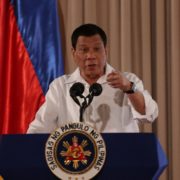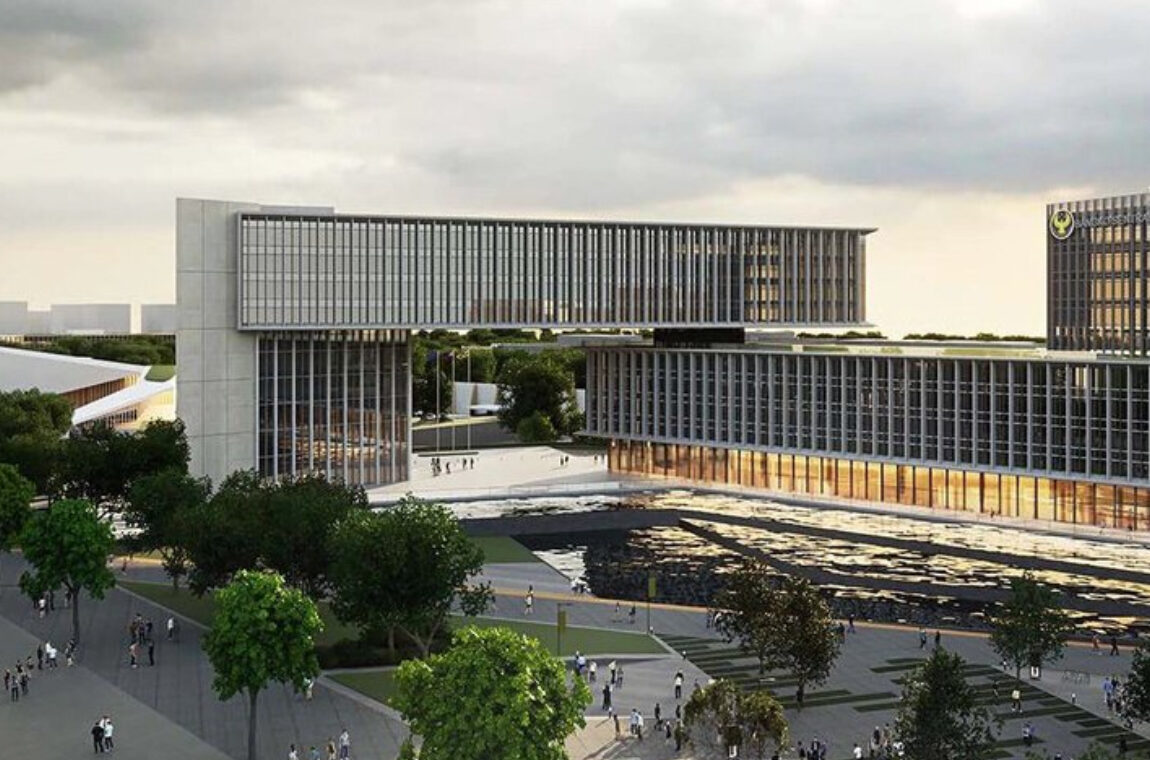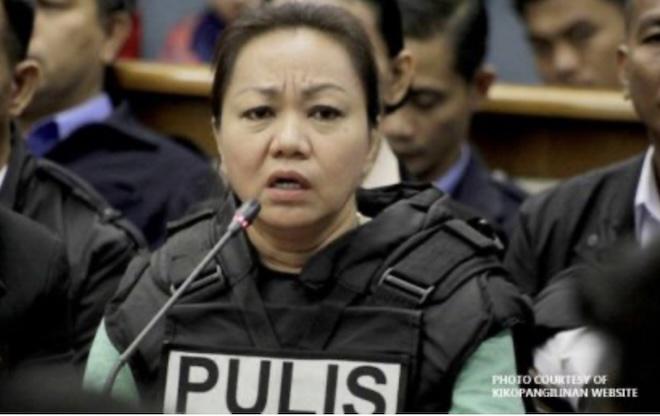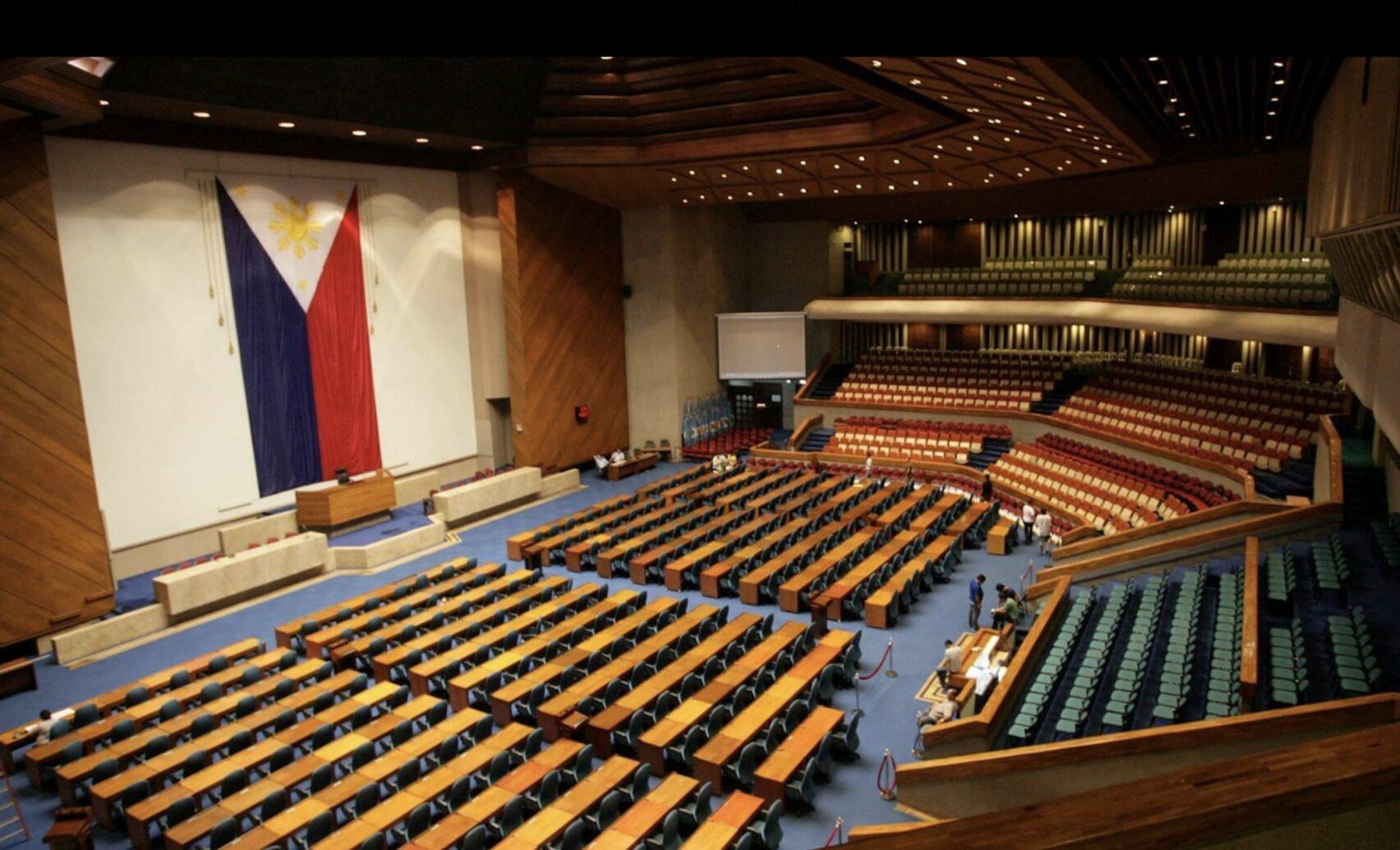PHILIPPINE President Rodrigo Duterte wants Congress to pass the proposed Bangsamoro Basic Law (BBL) ahead of the possible Charter change, Malacañang clarified on Tuesday, January 30.
Over the weekend, reports saying that Duterte wanted the revision of the 1987 Constitution first before the BBL passage have surfaced. Malacañang, however, said that the president’s statements last week upon his return from his visit to India were “unclear.”
“Many reported that the president wanted federalism first but his previous statements were very clear, and I heard him at least three times saying that BBL should really come first,” Presidential Spokesperson Harry Roque said.
Roque added, “People were somehow not sure what he said in Davao Airport during the arrival ceremony in India because he did not directly answer it. But my understanding is, he hasn’t changed his mind and that he’s still wants BBL before Federalism.”
In a press briefing upon his arrival from India last Saturday, January 27, Duterte was asked which he think should be passed first between BBL and Cha-cha.
In response, the president only explained that constitutional questions on the proposed BBL can be resolved by shifting to a federal form of government.
“So let’s start to sort it out. Let us show the Moro that we are trying our best, that those constitutional provisions that will be violated can be corrected if there is a federal setup coming,” Duterte said.
The passage of BBL and shift to federalism were among the key promises of the Duterte administration.
The proposed BBL was crafted by the Bangsamoro Transition Commission (BTC), which include representatives from the MILF and the Moro National Liberation Front (MNLF). The measures aims to grant fiscal autonomy to a new Bangsamoro Region that will replace the current Autonomous Region in Muslim Mindanao (ARMM).
Weaken, fragment PH
During the Senate hearing on the proposed Charter Change on Thursday, February 1, a former Supreme Court (SC) justice warned that shifting to federalism will “weaken” and “fragment” the Republic.
Retired SC Associate Justice Vicente Mendoza expressed belief that now is not yet the “constitutional moment” to propose for a federal type of government because “there’s just too much partisan strifes in the land that prevents a national consensus from building up or developing.”
He warned that federalism may “open fissures and promote regional difference” in society.
“A shift to federalism will weaken our republic, fragment our nation, and render the many years we spent to attain national unity. This country will be fragmented and there will be attempts at secession,” Mendoza said.
He suggested that instead of shift to federalism, the amendments to the Constitution should focus on decentralization.
“We’ve not reached the end of the road. We’ve not reached the dead end. We’ve not reached the bottom so let’s try decentralization instead of federalizing and dividing the country,” Mendoza said.
Christian Monsod, one of the 1987 Constitution’s framers, also shared the same view that fiscal decentralization should be prioritized.
Monsod likewise remarked that it was not yet the right time for a transition of government system.
“A messed-up structure change is virtually irreversible and may lead to the ruin of our democracy. I submit that there may be an alternative to consider rather than an immediate structural change by 2019,” he said.







